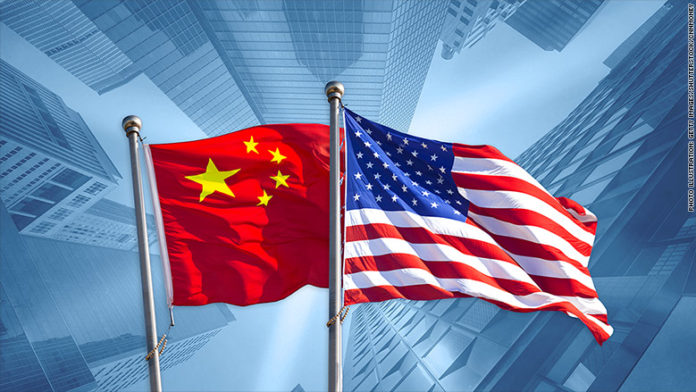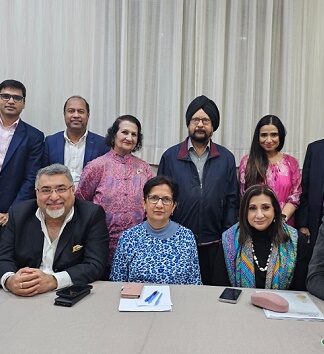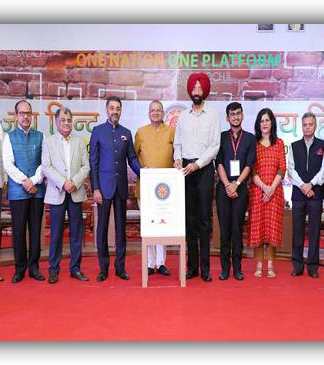The Japan-South Korea trilateral summit’s opening, attended by President Biden, has been overshadowed by a debate concerning the explicit mention of China as a regional challenge to peace and stability in the Indo-Pacific. Diplomats from the United States, Japan, and South Korea are currently engaged in last-minute negotiations, deliberating the inclusion of the term “China” in the official documents of the summit.
Hikariko Ono, the Director-General for Press and Public Diplomacy at Japan’s Ministry of Foreign Affairs, disclosed during a late Thursday briefing that one of the key points under negotiation was whether to incorporate the term “China” in the final text of the documents. She stated, “We are still discussing how and how much we describe China,” shedding light on the ongoing deliberations.
While White House Indo-Pacific coordinator Kurt Campbell expressed optimism on Wednesday, envisioning the summit as a pivotal moment in establishing a defining trilateral relationship for the 21st century, the apparent disagreement among the participating countries in the final hours before the summit’s commencement highlights concerns over Beijing’s ability to exert economic pressure on nations with close economic ties.
China has responded to the summit with hostility, accusing the United States of forming exclusionary alliances and engaging in practices that heighten antagonism and undermine the strategic security of other nations. Chinese Foreign Ministry spokesperson Wang Wenbin conveyed these sentiments to reporters on Tuesday when questioned about the trilateral gathering.
South Korea, in particular, remains wary of potential reprisals from China, having previously experienced severe economic sanctions following the deployment of U.S. THAAD anti-missile systems in 2017 as a precautionary measure against the growing threat posed by North Korea.
While Ono did not specify which country’s diplomats were hesitant to explicitly name China in the summit documents, she indicated that Japan was not opposed to referencing China in the final texts. She remarked, “We really don’t mind seeing the reference to China when we describe things going on in the South China Sea, for example, because it’s a fact that China is unilaterally attempting to change the status quo in the South China Sea.”
As the trilateral summit unfolds, the delicate balance between diplomatic considerations and the acknowledgment of China’s influence in the region will continue to shape the discussions and outcomes of this significant gathering.




































